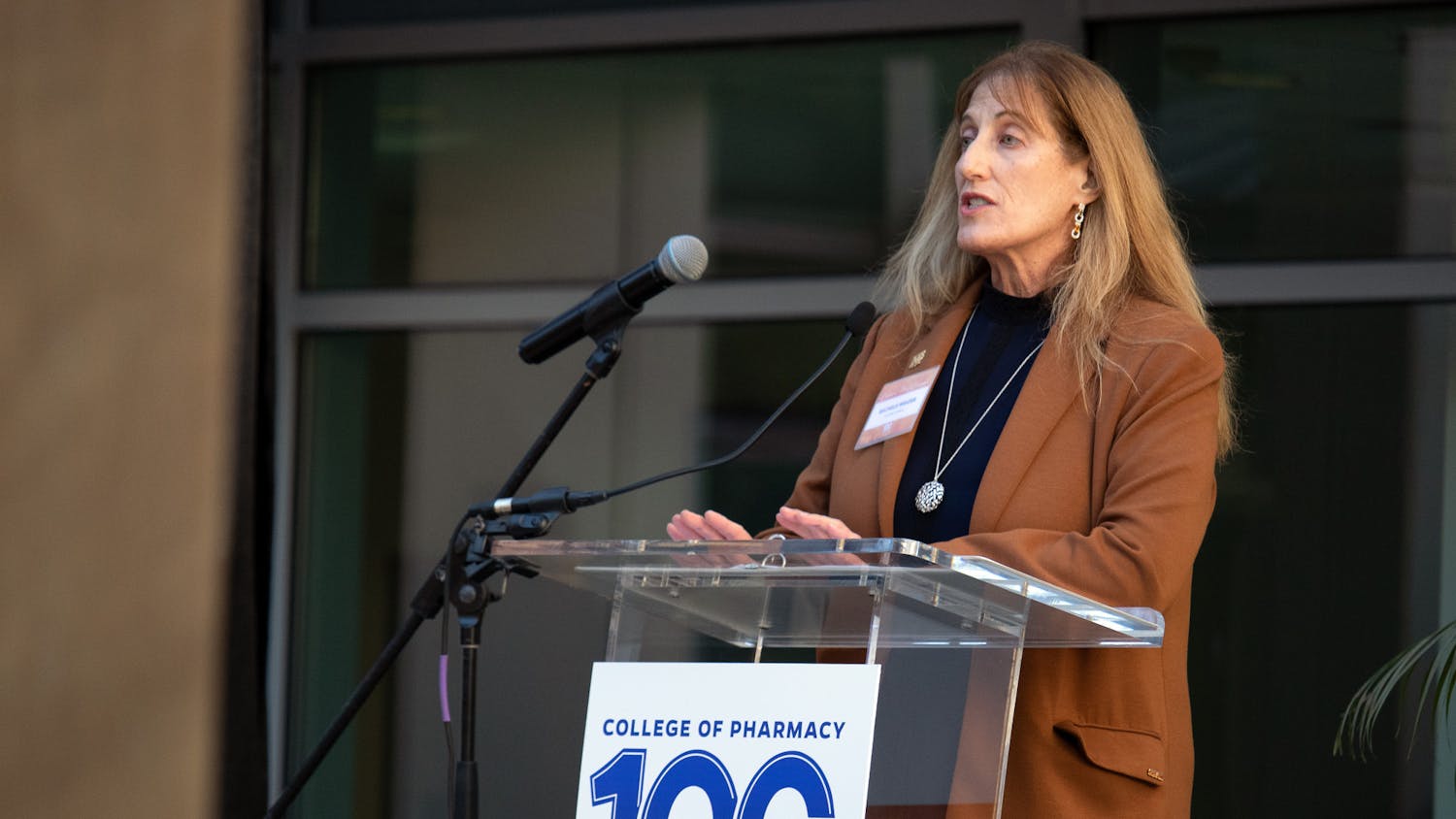Pill bottles aren’t living up to their promises.
“It’s like a foot long that’s only 11 inches,” Paul Doering said.
Doering, a distinguished service professor from UF’s College of Pharmacy, said recent information on dietary supplement labels is both disappointing and unacceptable.
Some vitamin D labels aren’t living up to their potency expectations. Labels promised a particular percentage of strength, but the pills inside varied significantly from that number.
Some provided as little as 9 or as much as 140 percent of its claimed potency, according to the Journal of the American Medical Association.
The association published its results on dietary supplements last week.
Although companies creating and supplying dietary supplements are not required to comply with Food and Drug Administration guidelines, companies may choose to meet the standards of the U.S. Pharmacopeial Convention for a seal of approval and trustworthiness.
USP is a nongovernmental organization that provides standards for purity and potency of pharmaceutical products. It requires compounded pills to contain 90 to 110 percent of the active ingredient.
The vitamin D pills the researchers studied weren’t up to USP’s standards.
“One of the things you expect when you buy any kind of medicinal product, no matter where it comes from, you expect it to be up to its labeled potency,” Doering said
He said even though vitamin D is not as potentially toxic as a narcotic pain reliever or cancer drugs, inaccurate potency labeling is intolerable.
Strength or effectiveness of a pill may diminish over time due to heat, light or moisture, Doering said.
But there are no variables that explain pills gaining strength to make some supplements about 40 percent of their original claim.
“I can assure you that the tablet or capsule wasn’t gaining potency as it sat there on the shelf, which leads me to believe that when it went out the door of the manufacturing plant, the stuff was super potent,” Doering said.
There is always potential for a dietary supplement or vitamin to interact adversely with medicines.
Student Health Care Center Marketing Coordinator Catherine Seemann urged students to not only look for USP’s stamp of approval on any supplement but also to ask their doctors or pharmacists before they take it.
“It’s extremely important to disclose that information to your health care provider,” she said.
When it comes to dietary supplements, “using a healthy dose of skepticism will lead you to the promise land,” Doering said.





